|
I have been speaking with my daughter in Spanish since before she was born. It is my first language, and I feel strongly about sharing it with her. I have family in Chile, Puerto Rico, the US and France. Besides genes and shared history, the thing that unites us all is language. Whether we call a bean un frijol or una habichuela or un poroto, we understand each other. I want my daughter to be a part of that. As an early childhood educator I understand the benefits of bilingualism--there are many. As a mother, I wanted to hear my heart language in my home. My husband is a native English speaker who learned Spanish while working in a Mexican restaurant. I am grateful that he was willing to join me in expanding the languages that make up our lives. He speaks primarily Spanish with our daughter as well. And while at 2.5 years old she is picking up English at lightning speed, Spanish is truly her first language. As my child began to look outside our family and take an interest in her world, it became important to surround her with more opportunities to hear Spanish outside the home. I knew from experience and from my education that in order for her to continue to speak a language that is not dominant in her home country, she would need to find social value in it. Exposure is not enough. Community is essential. I began to look into Spanish language programs. We discovered wonderful music classes--Canta y Baila with Anath Benais at Hootenanny Brooklyn. I toured some preschools. And because nothing near us quite offered the mix of immersion, free play, child-led learning, engaged and like-minded teachers, and community building that I was hoping for... I enlisted a friend and colleague, Paulina Trevino-Oliva, to start our own program. NIDO Forest has now met for two seasons, and has just started its Otoño / Fall season. We have welcomed families with all kinds of connections to Spanish into our fold. From parents who are native speakers, to families' whose nannies have brought Spanish into the home, to families who have lived abroad, and those who are just curious to try something new. We open our group to all.
My daughter who, in spite of being extremely verbal at a young age, was at first unsure about how to communicate with other children has blossomed socially in this group. The children have grown in their confidence, risk taking, creativity, and problem solving. Most importantly we have shared many laughs--a universal language. You can learn more about NIDO Forest, including how to register at www.nidoforest.com Some of our classes are at capacity, but there are a couple of spaces left in others and we are exploring how and where to grow in the Spring. Feel free to reach out with ideas! I'm often asked about recommendations for potty training gear. Generally I stay away from anything too specific because it truly depends on the child. Some might prefer sitting right on the toilet, others will want a potty on the floor. Some will love having a character themed potty, other families and children may prefer something less attention grabbing. That being said, I'm all too familiar with the hours that can be lost to reading product reviews and having done this whole potty thing a few times, I do have some favorites. If you're feeling overwhelmed and want a short list of the basics, look no further.
These are all available for purchase at The Wild, a store and community resource I am proud to be a part of. If you attend a Mindful Potty Training workshop you can pick them up on your way out! I also often see similar or these very same items being passed down in neighborhood groups, so consider reaching out to your community. Finally, while these things are nice to have and may support your child in their process, know that they are by no means necessary. All you really need to help your child learn to use the toilet is you, your understanding, and your bathroom. And maybe some extra rags or paper towels.
Of all the questions that would come up at parent-teacher conferences when I was in the preschool classroom, the one that came up most often was "How do we start potty training?" Sometimes it was asked in other ways like "Is she ready to potty train?" or "Is he interested in the potty at school?" Sometimes it was asked in hindsight, "We tried to potty train last weekend but..." As a teacher, I appreciated being included in the process so we could join forces to sort out the noise from what we knew about each particular child, their abilities and their needs. There seem to be two loud voices when it comes to potty training these days. On the one hand, are folks who say that children will do it on their own, which is often misinterpreted as needing to do nothing at all as a parent. On the other, are the folks that claim that children can be trained in a weekend if only you would clear your schedule and just do it already. In my experience, most families' lived experiences are somewhere in between. Mindful Potty Training aims to demystify the process of learning how to use the toilet. This process is unique and individual to each child, so the workshop is not a straight how-to. Instead, I present families with the knowledge and tools to support their child through understanding and connection. Yes, there are concrete suggestions. And yes, I lay out some guidelines for how things can unfold. But the focus is on understanding how to support YOUR child and why it matters. Learning to use the potty is more than a milestone to check off a list. It is an opportunity for a child to grow in their self-confidence, while building their relationships with caregivers. And it can be stress-free! Whether you're curious and looking ahead, or needing an alternative after a stressful attempt at teaching your child to use the potty, consider joining an upcoming Mindful Potty Training class at The Wild or hosting one in your home.
September 7th, 3-4:30pm at The Wild November 2nd, 3-4:40pm at The Wild The first workshop I developed for Babies & Toddlers Understood was a separation workshop for parents whose children were starting preschool. It is a very familiar subject for me as a former preschool teacher, and one that I feel passionately about. I have co-led and observed orientation and separation workshops at all of the schools that I have worked at, and have seen what a big difference it makes for parents to go into the first day feeling informed and confident about how to say goodbye and why it matters. Often orientation nights also include a flood of other information like what to pack, whether to bring snack, how to label things, illness policies, classroom policies, how to sign a child in or out... you get the idea. The best orientations, and I have had the good fortune to be a part of some great ones, are able to balance this with the important task of helping parents understand separation. In others, this is lost or not even discussed. Keys to a Successful Drop-off is an opportunity for parents and caregivers to focus exclusively on separation and how to support the process. It offers a close look at separation and attachment, and how to help a child transfer trust from their parent to a teacher. I believe parents are better prepared when they understand the reasons behind their children's behavior, what a school is asking of them (phase ins, quick goodbyes, or never sneaking out), and my suggestions. This workshop balances theory and knowledge with practical advice and concrete suggestions.
As we look towards a new school year, I have revisited my notes for this workshop with the feedback I received and am looking forward to supporting more families as they reach this exciting milestone! Whether your child is starting preschool or daycare, this workshop is for you. Upcoming workshops: August 27th, 6-7:30pm at The Wild August 28th, 6-7pm at Busy Bodies This September, I’ll start teaching a new series of classes and workshops focused on infants. I’m deeply grateful to be partnering with Parent Craft, a wonderful hub offering support for new parents from preconception through birth and beyond.
We will also offer two alternating workshops on the first Saturday of the month. Like all of the classes at Parent Craft, the experience will be highly personalized and intimate. All About Baby classes are informed by developmental theory and research, personal and professional experience, and a desire to understand each family and baby.
Our goal is to help you thrive as a parent and enjoy the journey. Learn more at www.parentcraft.org |

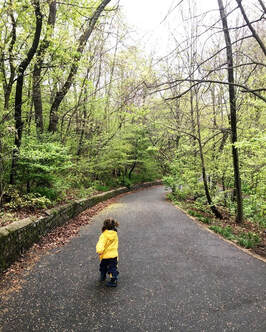
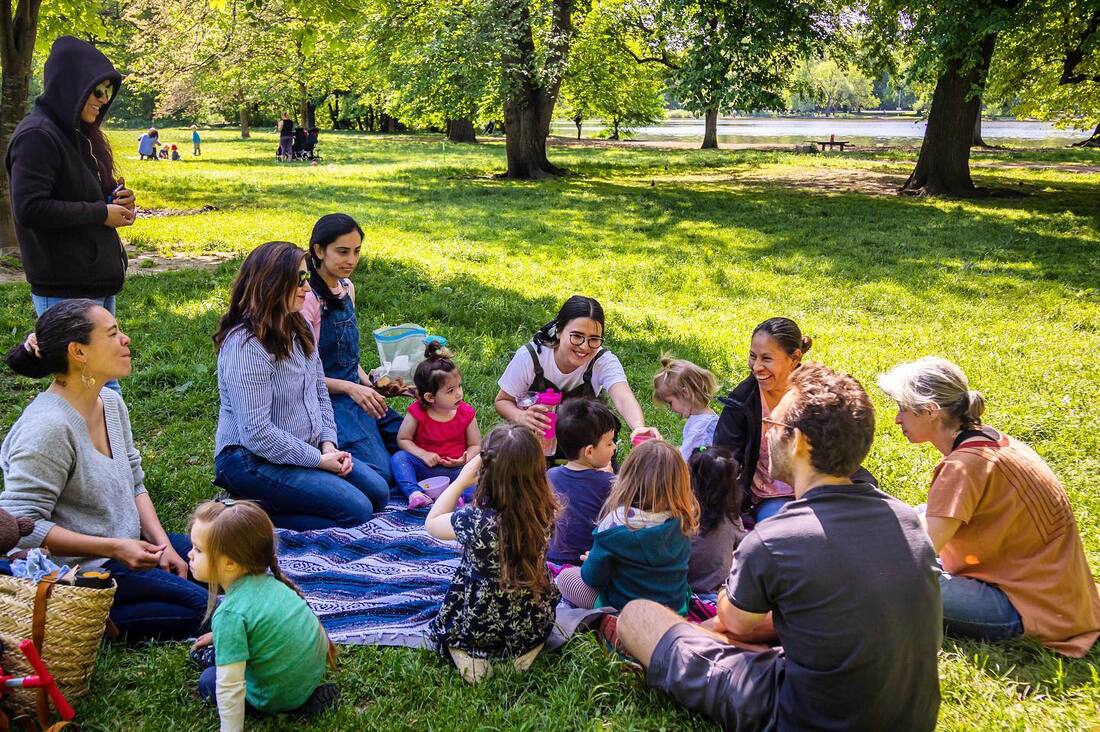
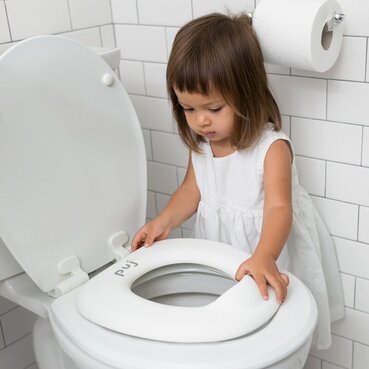
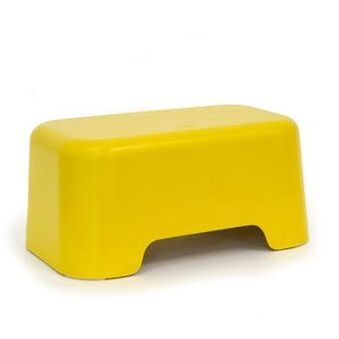


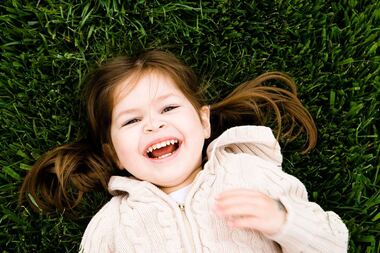
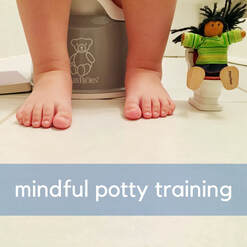

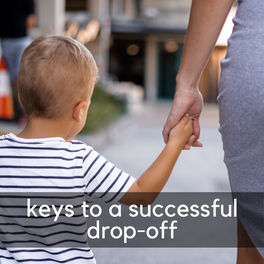
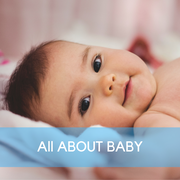
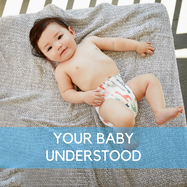
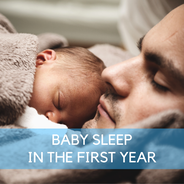

 RSS Feed
RSS Feed
